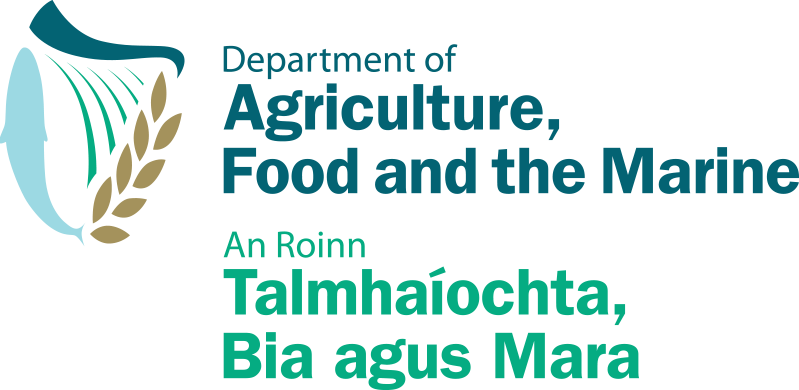April 25th 2017
European commissioners are due to meet on Wednesday, April 26th, to discuss the possible renewal of glyphosate for 15 years. The European Parliament has been deadlocked on renewing the licence since last year.
At the same time, an ongoing European Citizens’ petition, calling on the EU to ban glyphosates, has recently passed the 700,000 mark.
Campaigners have been keen to emphasize the chemical’s damaging effects on soil and biodiversity, our right to a healthy environment and its possible health risks. For more, click here
Ireland has been voting in favour of extending the licence, which would allow glyphosate to remain available within the EU’s market.
Approval was granted for 18 months last summer while a review of glyphosate is undertaken to examine how damaging it is to humans and the environment.
After the extension was granted in June, Fine Gael MEP, Mairead McGuinness asserted that huge consequences would be felt if it was abruptly taken off the shelves.
The Irish Farmers’ Association (IFA) has recently claimed that banning glyphosates, the main ingredient in Roundup, would have a detrimental impact on Irish cereal yields.
IFA grain chair, Liam Dunne warned that Ireland would be set back a number of decades and be forced to import more food if it were banned, according to an article by Amy Forde in The Farmer’s Journal.
Mr. Dunne’s warning came a number of days after an activists’ tribunal alleged that Monsanto, the company which produces Roundup, endangers humans’ right to food, health and the environment while also impacting on the independence of scientific research.
Monsanto Tribunal
Aerial spraying of fields in Columbia
The tribunal comprised of 5 judges and their findings were based on the testimonies of witnesses and experts from across five continents. The Monsanto Tribunal is an opinion tribunal, and it has no official investigatory powers.
Monsanto declined an invitation to participate in the tribunal. The statement from the company’s global human rights steering committee added that the informal tribunal was “organised with pre-determined outcomes” and “played organisers, judge and jury”. The statement also argues that the tribunal “denied existing scientific evidence and judicial outcomes on several topics”.
The tribunal also raised their concerns over a widening gap between international human rights law and corporate accountability. It warned of how provisions tend to undermine the capacity of nations to maintain policies, laws and practices protecting human and environmental rights.
Scientific data and doubt
The impact glyphosate has on human health has been disputed, along with the objectivity of scientific research done on examining such impacts.
A recent European Chemicals Agency (ECHA) report concluded that their was not enough evidence to classify glyphosate as a carcinogen. It remains classified as a substance that can cause eye damage and be toxic to aquatic life.
The findings are based on the substance’s hazardous properties. It does not consider exposure to the substance and does not address such risks.
The U.S. Environmental Protection Agency (EPA) recently affirmed that the controversial herbicide “is not likely carcinogenic”.
These reports contrast with The World Health Organisation (WHO), who had previously found that glyphosate was “probably carcinogenic”.
Ireland and Glyphosates
The Department of Agriculture, Marine and Food had previously refuted speculation that they reversed their decision to voluntarily halt the use of glyphosate on food crops because of influence from industry lobbying.
 In February, The Irish Examiner’s Caroline O’ Doherty reported that emails and letters, released under the Freedom of Information Act, show that the Irish Feed and Grain Association and Monsanto had met with the Department about this issue.
In February, The Irish Examiner’s Caroline O’ Doherty reported that emails and letters, released under the Freedom of Information Act, show that the Irish Feed and Grain Association and Monsanto had met with the Department about this issue.
According to the article, the department subsequently watered down its plans for a voluntary ban and a prohibition on spraying in some circumstances, claiming it acted in the public interest.
Ireland’s reversal and stance on this issue has been met with protest.
“If it’s in the soil, it’s in the food” warned Patrick Holden, former chairperson of the Soil Association and Green Party Cllr, Ossian Smyth, wanted Roundup banned on local authority properties until we better understood its effects.











